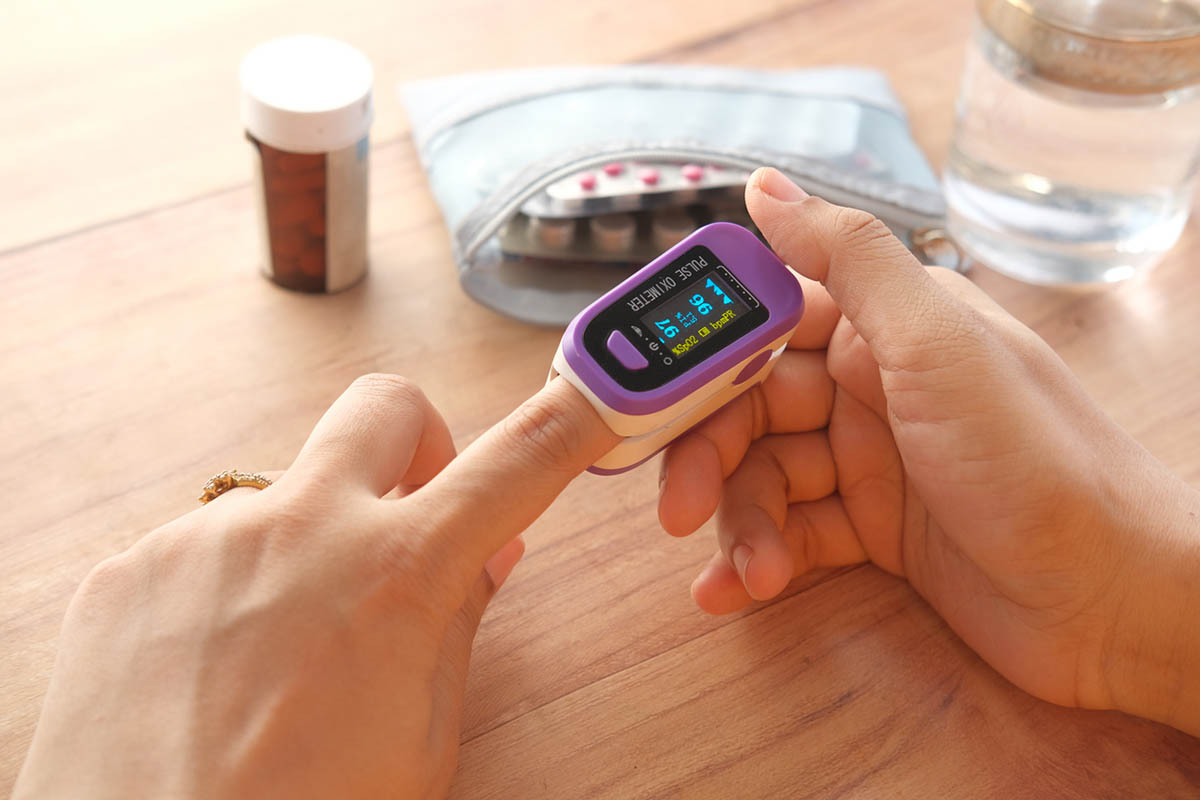Background: The efficacy and safety offluoxetine in adults with moderate-to-severe major depression arewell established. However, most analyses combined dosages (20-80mg/day) of the compound. We hypothesized that in patients taking20 mg/day, efficacy would be maintained but the incidence ofadverse events would be lower. We present a meta-analysis ofefficacy and safety data for fluoxetine, 20 mg/day.
Method: Data were from 3 double-blind studies (N= 417) that included patients with moderate-to-severe majordepression (DSM-III or DSM-III-R criteria) who received placeboor fixed-dose 20-mg/day treatment with fluoxetine. Efficacy wasassessed using the Hamilton Rating Scale for Depression (HAM-D;HAM-D-17 total score and anxiety/somatization, retardation, sleepdisturbance, and cognitive disturbance factors) and response andremission rates. Safety assessments included treatment-emergentadverse events, reasons for discontinuation, and adverse eventsleading to discontinuation. Adverse events were evaluated todetermine the emergence of activation and/or sedation.
Results: At 20 mg/day, fluoxetine-treatedpatients demonstrated significantly greater remission andresponse rates and mean changes on HAM-D-17 total score andanxiety/somatization, retardation, and cognitive disturbancefactor scores than placebo-treated patients (p < .001). Theincidence of specific adverse events leading to discontinuationand the frequency of study discontinuations due to adverse eventswere similar among fluoxetine-treated and placebo-treatedpatients (6.1% vs. 5.8%, p = .879). Several adverse events(insomnia, asthenia, somnolence, gastroenteritis, decreasedlibido, chills, and confusion) occurred significantly morefrequently among fluoxetine-treated patients. A significantchange in sedation, but not activation, occurred in patients inthe fluoxetine 20-mg/day group compared with the placebo group.
Conclusion: These data affirm thatfluoxetine at 20 mg/day is efficacious, safe, and of similaractivation potential when compared with placebo in patients withmajor depression.
Author Affiliations

Enjoy free PDF downloads as part of your membership!
Save
Cite



